Stress: Is It All Too Much
'Don't stress over what you can't control'. 'Keep Calm and …'
We've all heard the trite memes. I saw t-shirts emblazoned with 'If your dreams don't scare you, they aren't big enough. While these sayings are meant to motivate, it's difficult to live the sentiments when you're feeling overwhelmed.
Rather than encouraging and giving us hope, these memes can paralyze us, as we try to rationalize how we're really feeling against what we believe is expected of us.
The last 18 months have added enormous stress on all levels – salary cuts, job losses, homeschooling, dodging the virus and keeping our families safe, rebuilding our companies and offerings in this new digital world.
Speaking to colleagues and friends, it seems that many around us are overloaded and feeling overwhelmed by the demands of life. Some have to balance the needs of elderly parents, alongside managing a young family. Others cope with ill health – our own or those closest to us. South Africa's declining economic growth – the latest petrol price hike being just one consequence – affects us all.
We feel like frogs desperately swimming in an increasingly warm pot.
As leaders, we have the added stress of always needing to push the envelope. Incorporate companies, meeting shareholder expectations means that each year has to be better than the last.
And, while we sign up for this race when we take on a leadership role, it's a challenge to constantly be reaching, chasing, and improving.
But, is stress necessarily a bad thing? We know that it's essential for survival.
The body's natural defense against danger – the 'fight or flight' mechanism – releases cortisol, adrenaline, and nor-adrenaline. This prepares our bodies to respond to dangerous situations by slowing normal bodily functions (like digestion) and increasing heart rate, heightening muscle preparedness, and raising alertness.
However, when the 'fight or flight mechanism is triggered too often, too easily, or if there are too many stressors at one time, our physical, mental, and emotional health suffer.
Too much stress can lead to heart disease, high blood pressure, lowered immunity, issues with sleep, and can put us at a greater risk of developing cancer. Emotionally, it makes us more prone to angry outbursts, at greater risk of developing drug or alcohol problems, impacts appetite (either by making us eat more or less), and affects our relationships.
Undoubtedly, too much stress is debilitating and should be avoided.
In the right and appropriate dosage, stress can be a motivator.
If managed properly, it can make us more resilient. South Africans, who have long lived in a constant state of uncertainty around our political and economic future, have become used to stress and, rather than hindering us, it has propelled us forward, to a certain extent.
The secret is to find a balance - as my 88-year-old mother always says 'everything in moderation.
Today, we're all more focused on our health and on being mindful and more present in our lives. Most of us try to achieve work/ life balance and know, as I explored in last month's blog , that sleep is key. But, how do we guard against these concepts becoming like wallpaper – there, but not seen? How do we manage our stress so that it helps, and doesn't hurt, us?
Learn to accept where you are right now.
As I've mentioned before, I'm a great fan of Oprah's SuperSoul Sundays and listen to her podcasts whenever I can. Recently, I heard her speak to a spiritual teacher, Eckhardt Tolle, about how to live a stress-free life. Tolle's message – that stress is about wanting something to be the way it isn't – really resonated with me. Too often, when we find ourselves in a difficult situation, we immediately jump into worst-case scenarios, using negative mind talk.
Instead, he believes that, when we find ourselves in a stressful situation, we should accept it – look at the situation without labeling it and understand (and accept) that this is what our life looks like for now. He calls this accepting the 'is-ness' of life.
Tolle also believes that even negative situations can have a positive outcome.
When Arianna Huffington collapsed in her office from lack of sleep and used the experience to turn her life around, she found the positive in the negative. When things don't look good at first glance, acceptance can turn a negative situation around. If we can learn to 'lean away from the noise that our minds make, we're more able to relax and go with the moment – or to accept the moment as though we had chosen it for ourselves and let it bring on a new consciousness.
Until we accept our current state and stop fighting it, we remain 'stuck in the mud. Or, rather, what we resist, persists.
Stop 'multi-tasking'…
Often, we take on too much and then 'multitask' to get it all delivered.
We've all done this – checking mail, while meeting with colleagues, or taking important business calls while driving. I call it the 'myth of multi-tasking' because the truth is that none of the activities we're engaged in is getting our full attention – and none are being executed with excellence.
One of the simplest ways to reduce stress is to focus, as much as possible, on doing only one thing at a time. Pick one thing to work on, remove all distractions and focus on it until it's done.
You'll find it liberating – I certainly did.
Simplify your schedule…
Overscheduling is a major source of stress.
We're all constantly on the run – to the next meeting, event or situation. Try to schedule only a few essential commitments (or those that are beneficial to you or feed your soul) into each day and learn to say 'no' to the rest. If meetings aren't essential, decline the meeting invite. Schedule time for fun and relaxation.
In time, you'll get over your FOMO.
Exercise…
Do something that gets you moving every day.
It's doesn't have to be formal – walk your dog, dance with your children – as long as it happens.
Get moving – it helps.
Be early – always…
Constantly being late is very stressful. Try to be realistic about how long it really takes to get ready, commute, prepare or run errands so that you can space out your meetings to give you more time.
If you're able to manage your stress so that it becomes a positive force, you'll understand – as Bill Phillips said that 'stress should be a powerful driving force, not an obstacle.
Go forth and conquer (your stress).










